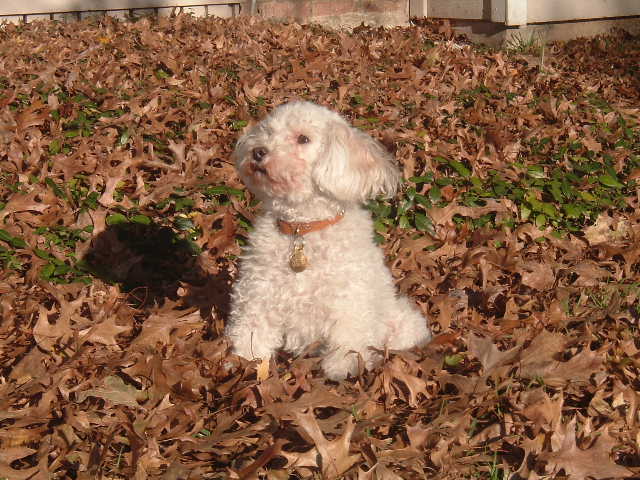
Poems From Homeroom by Kathi Appelt
Appelt, Kathi. 2002. Poems From Homeroom. New York, NY: Henry Holt and Co, LLC. ISBN: 0-8050-6978-X.
A very nice preface follows the table of contents as sort of a warm-up for poetry readers, priming them to think of poetry as one of the most available and flexible forms of expression - written about inconsequential things like a pair of shoes or major things like terrorism. Appelt also explains the purpose of her book, which is separated into two sections - this first being poetry ("Homeroom: The Poems") and the second being the inspiration behind each of the poems (Study Hall: "Writing What We Long For"). She intends for it to serve as enjoyment for the reader but has also created a stepping stone for aspiring poetry writers. She discusses characters, motivations, contradictions, and ideas for reader's own work. What stands out the most about this unusual combination of poetry and inspirations is the personal element that is first exposed in the preface and then again in the section. This is so encouraging and beneficial for writers who struggle with "where do I begin?"
Appelt neatly presents diversity in style by interspersing free verse, acrostics, sestina, and haiku. She has fashioned the perfect writer's manuel - with plenty of meaningful content and relevant material for teen readers (tattoos, science fairs, note passing, and driver's licenses, for starters).
"Appelt, best known for her books for younger readers (Bubba and Beau, Best Friends, p. 328, etc.), has also taught poetry to children and adults. Her own poems here describe the lives and longings of high-school students. From the boy who secretly washes the name of the girl he has a crush on from the boy's bathroom room stall to the girl who can't get over getting her driver's license, Appelt focuses on the large and minute dramas of teenage life, giving readers a springboard for their own writing. The 26 poems in the first section are followed by a page about each poem - describing Appelt's inspiration and techniques, and suggesting starting points for poems about a similar longing. Though most of the poems are free verse, there are a few in standard forms, or which employ some device. There is a villanelle, a sestina, and haiku, as well as a series of acrostics, and a "poem in five acts," with a voice and imagery evocative of Shakespeare, about the two teenagers who are playing Romeo and Juliet in the school play. Occasionally, Appelt's adult sensibility comes through too strongly (in a poem about what a boy takes with him when he leaves home, in which the nostalgia feels like the mother's, or in a series of elegies for "those we lost too soon": Jim Morrison, Janis Joplin, Kurt Cobain . . . , but most of her poems will speak directly to her readers, who will also appreciate her suggestions, and her excellent bibliography of adult books on writing."
Kirkus Reviews; August 15, 2002 Vol 70 Issue 16.
"In the title entry of this collection, Appelt writes, "Poetry is a home for all my yearnings / each poem a separate room." She demonstrates what she means in her combination of original poetry and a prose section that explains her motivation for writing each poem and offers exercises to help young poets get started. The poems range in style from villanelles to acrostics to free verse, and almost every one features a character who yearns for something: Jimmy, lost in the blues of his air guitar; a clerk at a late-night food mart pining for a customer; the "twirling queen of Dogwood, Texas" who quietly leaves town because "it's hard to be a twirling queen and a person too." The poems frequently shine with humor and tender, memorable images: "the cream colored cat, wild in her loneliness," that's left behind when a boy leaves his childhood home. But it will be Appelt's prose encouragements to young writers that will draw readers most. Clear, thoughtful ideas for creating original work mix with a contagious, what-is-there-to-lose approach: "At the very least you'll write a really, really bad poem. I write lots of those." A warm, instructive resource for teens and teachers alike."
--Gillian Engberg
Booklist; November 15, 2002.


No comments:
Post a Comment